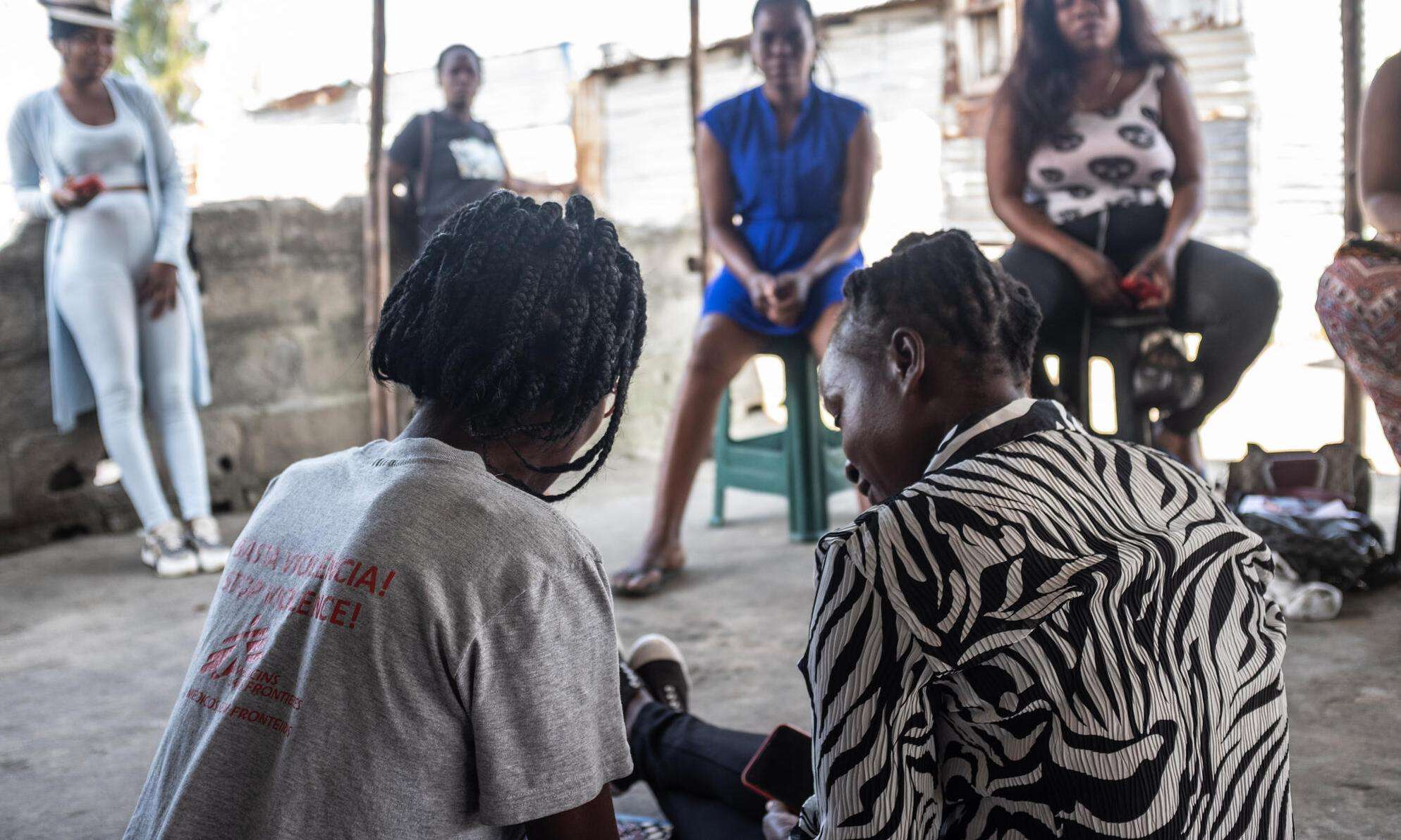In Beira, a city on Mozambique’s central coast, Doctors Without Borders/Médecins Sans Frontières (MSF) is connecting hard-to-reach communities with safe abortion care and other sexual and reproductive health services.
Mozambique has one of Africa’s most liberal abortion laws, allowing abortion on request during the first 12 weeks of pregnancy and up to 24 weeks in limited circumstances, including fetal abnormality. Though abortion has been legal since 2014, many people still face obstacles to accessing this care, including stigma, misinformation, and corruption, such as charging for services that should be free.
MSF has worked in Beira for nearly a decade. We run several programs in the city in partnership with local communities and Mozambican Ministry of Health staff, aiming to overcome such barriers, provide accurate health information, and increase access to safe abortion care. Our priority is to reach communities that are often neglected by the health care system or avoid seeking care due to fear of stigma or discrimination, including sex workers, adolescents, transgender people, and men who have sex with men.
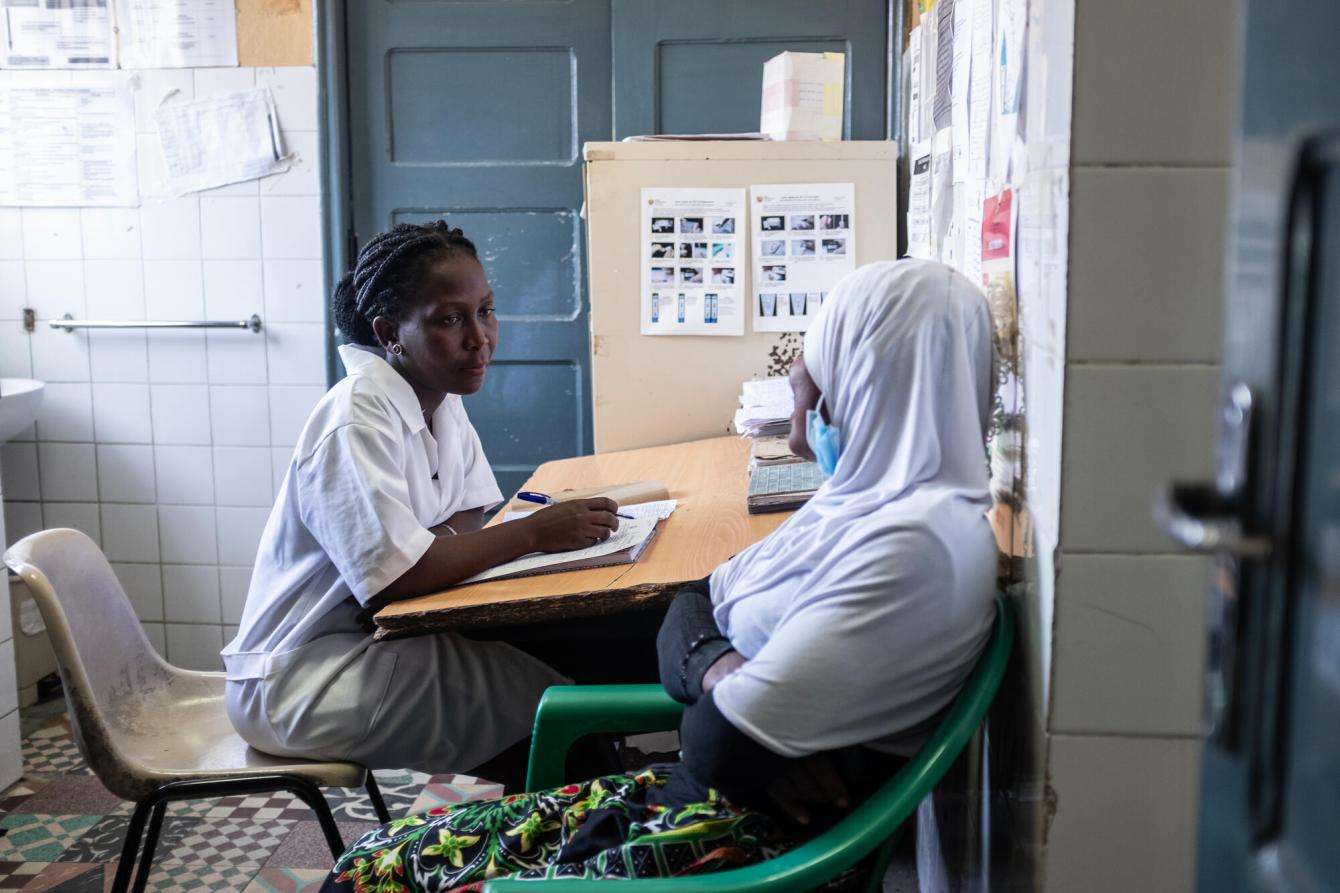
Working with communities to break down barriers to safe abortion care
MSF’s approach is community-centered and peer-led, aimed at creating safe, trusting environments where all people feel comfortable accessing the health care they need. We provide direct care and health education through mobile and community clinics in locations where patients feel comfortable seeking care.
Three years ago, Glória* became pregnant. Too afraid to go to the hospital due to rumors she had heard about the high cost of care and the need to bring a witness, she induced an abortion herself, at home.
“I went through it on my own. It was terrible,” said Glória. Out of fear for her life, so decided to seek post-abortion care at the health center. Contrary to what she’d heard, the team at the health center helped Glória have a safe abortion.
After her positive experience, Glória is now trying to counter the myths that prevented her from seeking a safe abortion. “I started this already with my friends. If they want to [have an abortion], I tell them to go to the health center and they will [help you],” she said.
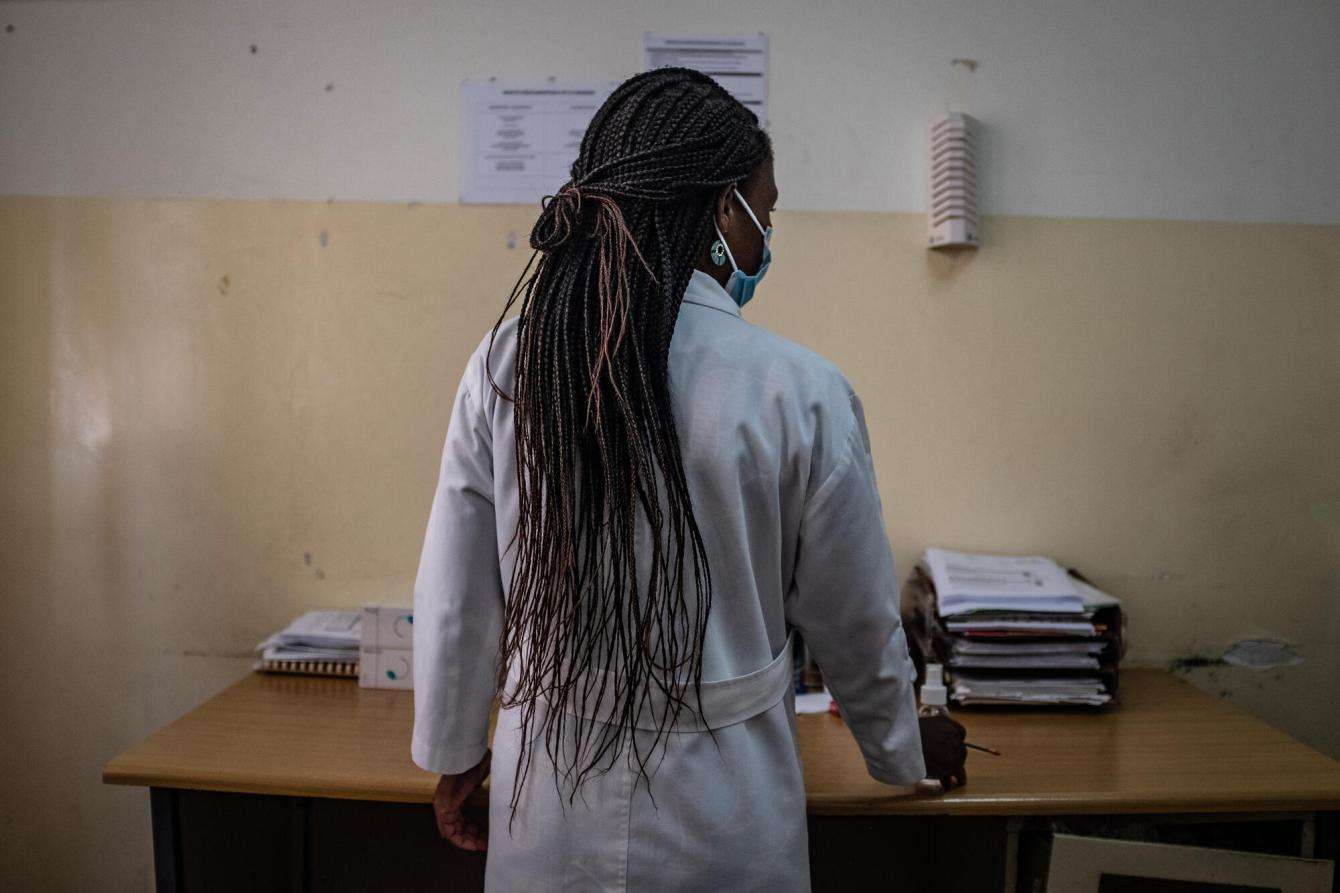
Decreasing the stigma of abortion
MSF teams train and mentor peer educators to provide reliable health information, guidance, and support to their communities on safe abortion care and other health issues including HIV and sexually transmitted diseases. MSF also supports 11 Ministry of Health facilities in Beira to decentralize safe abortion care across the city, bringing it closer to communities.
Staff at these clinics now provide roughly 230 safe abortions per month. From January 2022 to June 2023, the provision of safe abortion care increased by 41 percent, and post-abortion care decreased by 73 percent. While post-abortion care includes spontaneous abortion (known as miscarriage) as well as unsafe abortion, we believe the decrease is likely due to fewer women resorting to unsafe methods to end their pregnancy now that safe abortion care is more easily accessible.
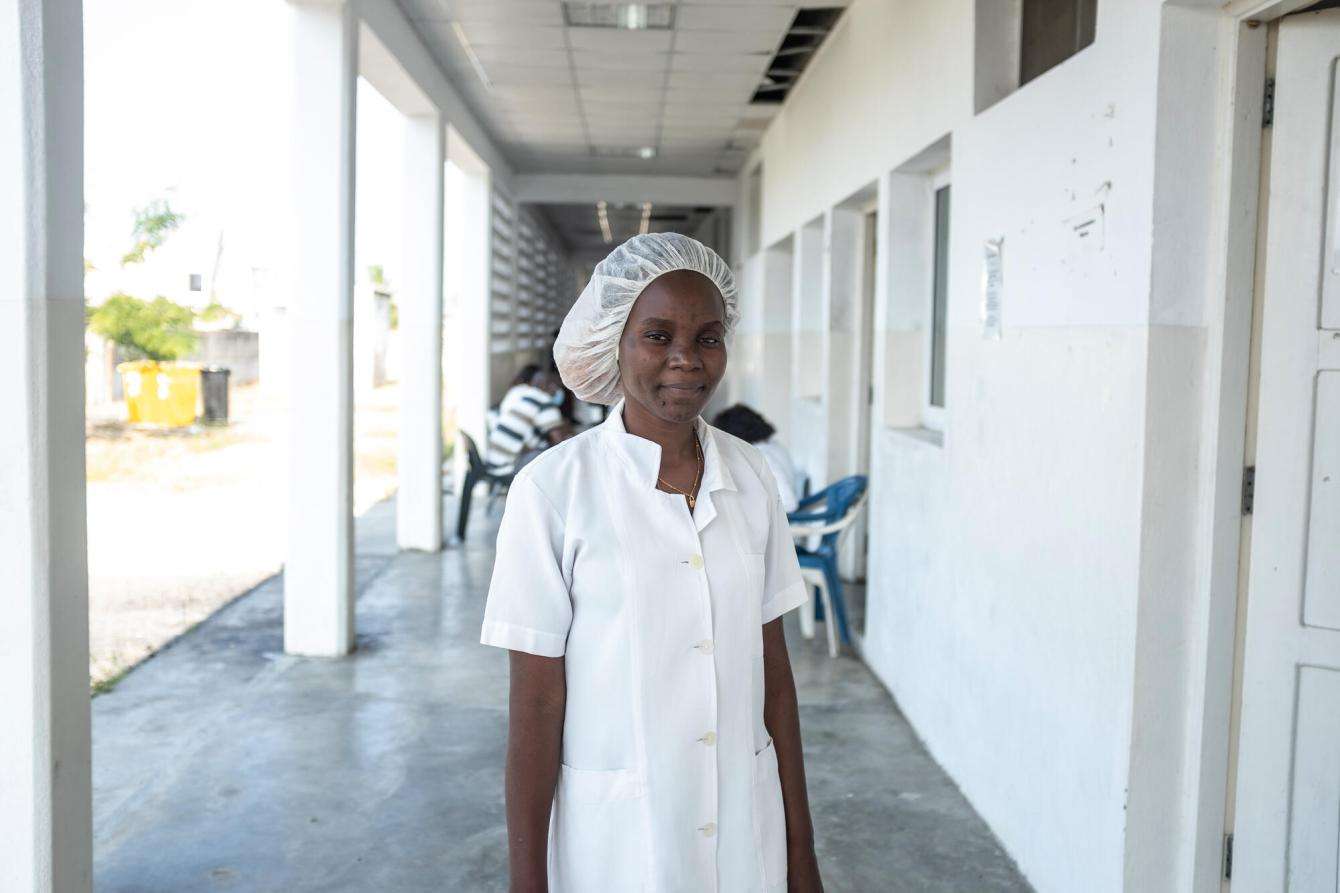
The decentralized approach has three pillars: donating supplies of abortion medications and contraceptives, training staff in the provision of safe abortion care, and a mentorship program to increase the quality of care. The main goal of the mentorship program is to equip health care workers with skills to appropriately serve people from marginalized groups, particularly sex workers, and aims to make health facilities places free of prejudice, where everyone feels safe asking for care.
Emily* is a sex worker who lives in Beira with her husband and the youngest of her three children. She is currently the sole provider for her family. She has been coming to MSF’s community clinic in Beira since 2018. In December 2022, Emily became pregnant and came to the clinic for safe abortion care after receiving information and support from a fellow sex worker.
“We encourage each other to visit the clinic,” she explained. “We know each other as friends, and no one laughs at the other ... because we experience so many different things during our work.”
Some health staff are hesitant to provide medication abortion beyond 12 weeks, despite it being legal in Mozambique up to 16 weeks in cases of sexual violence. MSF is trying to address issues like this through our mentorship program with Ministry of Health staff at the clinics we support throughout Beira. Various local advocacy groups are also calling for the 16-week limit to be extended to all people seeking safe abortion care, as limiting access to this service in the second trimester severely endangers the lives of women who were not able to access abortion services earlier in their pregnancy.
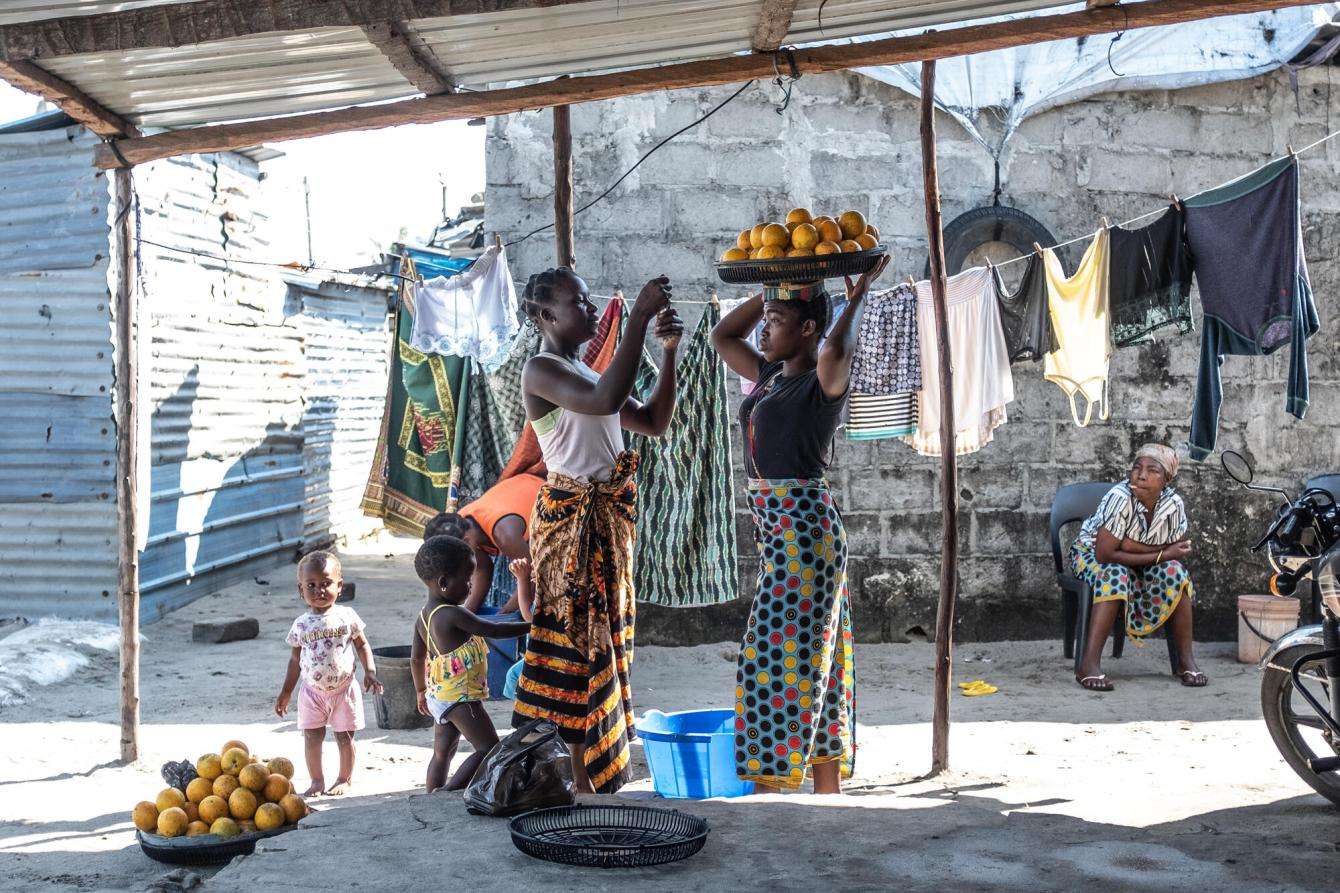
"We have prevented deaths”
Isaura is a nurse who works for the Ministry of Health at the Fantasia Health Center in Beira. She was trained by MSF and has been providing safe abortion care for nearly three years.
“I feel good [about providing this care],” said Isaura. “We used to get a lot of incomplete abortions, a lot of unsafe abortions—they used to take [unsafe] pills, they used to insert sticks. Since we started doing safe abortion, we don't have many problems with unsafe abortions in the community anymore. We have prevented deaths.”
The number of abortions the clinic provides fluctuates, but Isaura said it can be up to 60 in a month. Most people who come for abortion care are between 15 and 30 years old, but some are older as well. Isaura and her team also offer counseling to people to discuss any questions or concerns and to offer family planning.
Countering myths and misinformation about abortion
Misconceptions about abortion and contraceptive care are common in Beira. For example, many people believe that using a contraceptive could mean they will not be able to get pregnant in the future. This is also a common myth about the consequences of safe abortion.
MSF has also heard from women who reported being charged by health care providers for safe abortion care—a service that should be free.
“I didn't know what abortion was—it was my first time,” said Maria José.* “When I got [to the clinic], they didn't take care of me properly. They treated me aggressively and charged me money—I paid them 500 meticais [about $8—whereas most people live on less than $2.15 a day].” It’s important that people know they should not be charged for safe abortion care so they do not resort to unsafe methods because they think they can’t afford it.

Safe abortion care is health care
Read moreMSF uses various tools to counter myths and spread accurate health information to the community about safe abortion care. We place advertisements and host discussions on social media and the radio, provide a hotline that people can call for additional information, and partner with local theater groups who perform skits about sexual and reproductive health care.
Beatriz* is a midwife trainee at Chingussura Health Center in Beira. In 2022, she decided to have an abortion so that she could finish her studies this year. Her husband and family supported her decision. But she heard rumors in the community that it is not possible to get pregnant after having a safe abortion. “That is a myth,” said Beatriz. “I am now seven months pregnant.” Now that her studies are nearly complete, Beatriz is looking forward to having a child.
MSF also facilitates workshops, known as Exploring Values and Attitudes Towards Abortion (EVA) at our community center and at facilities run by the Ministry of Health. The workshop aims to challenge harmful beliefs and practices regarding abortion and build an understanding of the need for access to safe abortion care.
Paula, a Ministry of Health nurse at Munhava Health Center, initially struggled with her own feelings about providing safe abortion care. She faced judgment from her colleagues for the service she was providing and felt disconnected from her work.
After MSF conducted an EVA workshop at the Munhava health facility, Paula stopped being criticized by her colleagues. “After the EVA training, everyone understood the importance of abortion,” she said. “So, from then on, everything was peaceful.”
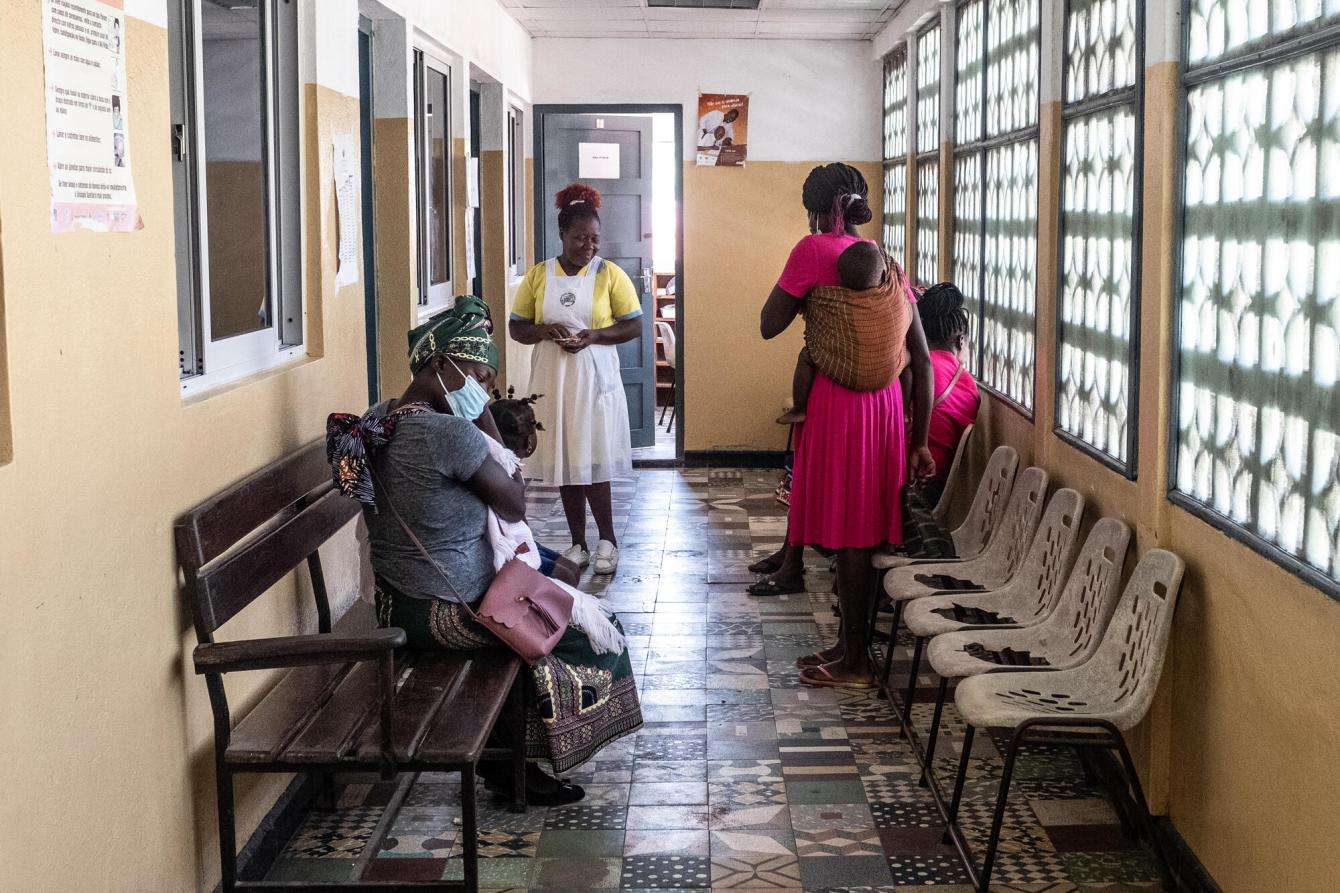
“No one should feel ashamed to get an abortion”
Maria received a safe abortion at an MSF-supported health facility in Beira in May 2023. Afterwards, she spoke about the continued need to address the stigma around abortion in the community.
“Sometimes people are afraid to go to the medical center [thinking] they will be criticized because they went for an abortion,” she said. “We have to give the advice that no one should feel ashamed to get an abortion. In Mozambique, we have a law that defends that you can have an abortion. I don't think we have to be ashamed to do that.”
*Names have been changed
Stories of safe abortion care in Mozambique
Women share their diverse experiences with safe abortion care in the nation with one of the most liberal abortion laws in Africa.
